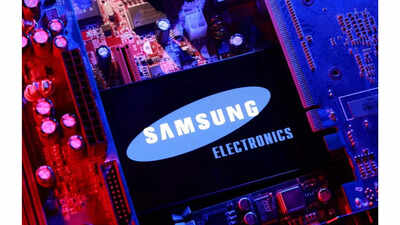Key Takeaways
- Samsung announces new chip production line at Pyeongtaek plant
- Hyundai commits 125.2 trillion won for domestic investments
- South Korean companies respond to US trade deal concerns
- Total domestic investments exceed 575 trillion won across major firms
Major South Korean corporations including Samsung Electronics and Hyundai Motor have unveiled substantial domestic investment plans amid concerns about capital outflow following a new US trade agreement. The announcements came during a meeting with President Lee Jae Myung, who urged businesses to maintain strong local investment while utilizing overseas opportunities.
Strategic Domestic Investments
Samsung Electronics revealed it will establish a new chip production line at its Pyeongtaek facility to address growing global AI demand. This expansion forms part of Samsung’s broader 450 trillion won ($310.79 billion) domestic investment strategy over the next five years.
Hyundai Motor Group concurrently announced 125.2 trillion won in domestic investments spanning 2026-2030. Shipbuilding giants Hanwha Ocean and HD Hyundai also presented new investment blueprints during the meeting.
Addressing Trade Deal Concerns
President Lee acknowledged concerns about domestic investment potentially shrinking as US-directed investments intensify. “There are concerns that domestic investment might shrink as U.S.-bound investments strengthen,” Lee stated, encouraging companies to boost local investments while collaborating with the government to optimize the $350 billion overseas investment package.
Samsung Electronics Chairman Jay Y. Lee committed to strengthening local economic support: “Samsung will raise domestic investment, create quality jobs for young people and make even more efforts for a win-win with small and medium-sized, as well as venture companies.”
AI-Driven Semiconductor Expansion
The new Pyeongtaek P5 production line, delayed since late 2023 due to weak smartphone and PC chip demand, will manufacture memory chips for both traditional and AI servers amid supply constraints and price surges.
Mass production is scheduled to commence in 2028, with Samsung planning additional infrastructure investments to support expansion. “With the global AI era entering full scale, Samsung Electronics anticipates a mid- to long-term expansion in demand for memory semiconductors,” the company explained. “In order to respond promptly to market changes, the company intends to secure production lines in advance.”




